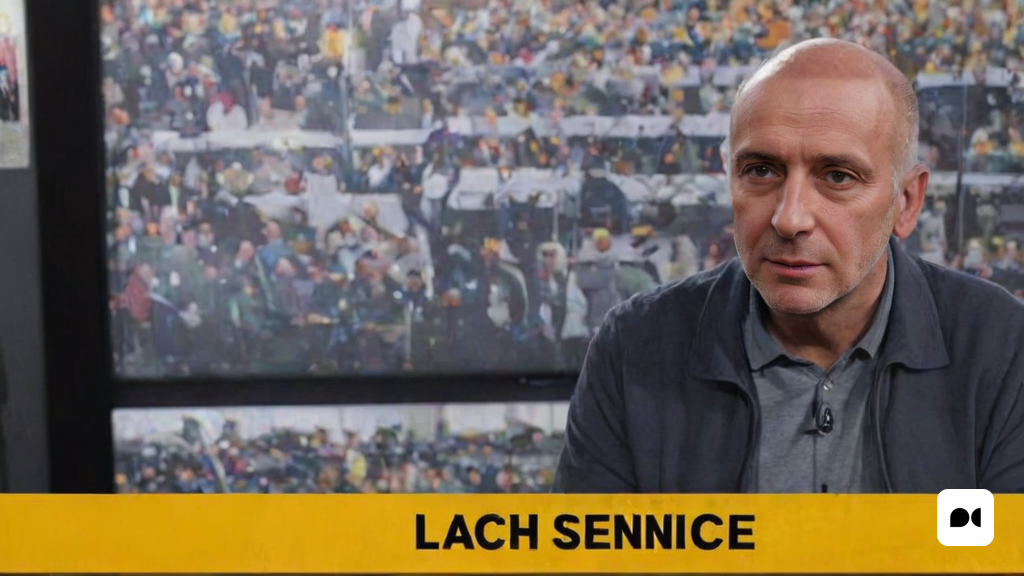The return of Llach to the Palau de la Música in 1974
Lluís Llach (Girona, 1948) returned to sing at the Palau de la Música in Barcelona on February 2, 1974, after four years without being able to do so due to the ban of the Franco regime. The singer-songwriter resided in Paris, where he had gone into exile to escape repression. That night he presented his new album, I si canto trist, which contained the song of the same name dedicated to Salvador Puig Antich, the young anarchist who had been sentenced to death by a council of war twenty days earlier. Llach’s song was a tribute and a denunciation at the same time, reflecting the pain and indignation he felt at the imminent execution of Puig Antich. The two guitar notes that started the song sounded like a clock counting down the seconds left to live. A month later, on March 2, the vile club would end the life of Puig Antich in the Model prison in Barcelona. Fifty years later, Llach remembers that episode as one of the most tragic and shameful in the recent history of Catalonia.
The loneliness of Puig Antich and the indifference of parties and unions
Llach acknowledges that the death of Puig Antich deeply affected him, because it coincided with a time when it seemed that Francoism was collapsing and that a possibility of change was opening up. But the dictator wanted to show that he still had power and ordered the death of a young man who was fighting for a better country and world. Llach criticizes that organized Catalan society did not react as it should to Puig Antich’s murder, and that only a few marginal or radical sectors showed their support and solidarity. He also regrets that the parties and unions that could negotiate with the Spanish State looked the other way and let Puig Antich die amid small protests and religious events. He says that anarchism was a force to be feared on both the right and the left, and that it was much persecuted during the Transition. On the other hand, he affirms that outside Spain there was a greater repercussion and that even the Pope asked for clemency for Puig Antich, thanks to the intervention of progressive priests who wanted to break with the Franco system.
The composition of the song I si canto trist
Llach explains that when he learned of Puig Antich’s arrest, trial and conviction, he felt the need to make a song that expressed what he felt. He says that the music came to him first, with the piano, and that he cried while playing it. Then he wrote the lyrics, which were not personal but collective, and which tried to transform misery into creative power. He says he didn’t want to ignore reality, that it was a dictatorship, and he wanted to encourage people to push forward despite the fear. The song was not only for Puig Antich, but for all those who suffered from the repression of Francoism. Llach says that he was not a good poet, and that it was difficult for him to put the words to music, but that the real strength was the wildness, that of the inner ghosts of rage and indignation. He says that he never got emotional on stage, but that he cried alone at home with the piano.
The validity of Puig Antich as a symbol of the Catalan struggle
Llach emphasizes that the history of Puig Antich has been recorded and has remained in the collective memory, and that today it is a symbol assumed by the entire Catalan community. He says that this is very important and symbolic, because it connects us with the most socially creative past of Catalan society, which is the anarcho-syndicalism of the 20s and 30s. He says that this movement was concerned with culture, to create athenian schools, to speak Esperanto, without renouncing one’s own language, to get along with people, and that it coincided with the Escola del Mar, education, Catalan medicine , who lived a golden age. He says that this part of our history has often been forgotten, and that what we need to do is to recover it, digest it and learn a lot from it. Llach compares the current situation with that of that time, and says that now we find that Spanish democracy wants to do to Catalonia the same thing it did with a dictatorship, and that we are trying for national liberation at a time when all of Europe is heading towards to fascism He says that it is very difficult, but that we have a lot of strength, that Catalan citizens have never done an exercise of awareness of their strength, like the one on October 1 and October 27. He says that we must have the historical vision of continually preparing for the onslaught, with preparation and constancy, and not with resignation. He says that institutional independence is a disgrace, and that disunity and envy are a mockery of our own history. He says he trusts President Carles Puigdemont, but asks him not to cheapen his role in exile, and to only accept the amnesty if it is genuine. He says that he will not participate in the first political line again, because there is a lot of work to be done, and because the Parliament of Catalonia is an old institution that should change a lot. He says that the first thing we need is an electoral law, which is the perversion of the entire political class, and which has turned the parties into placement companies.

